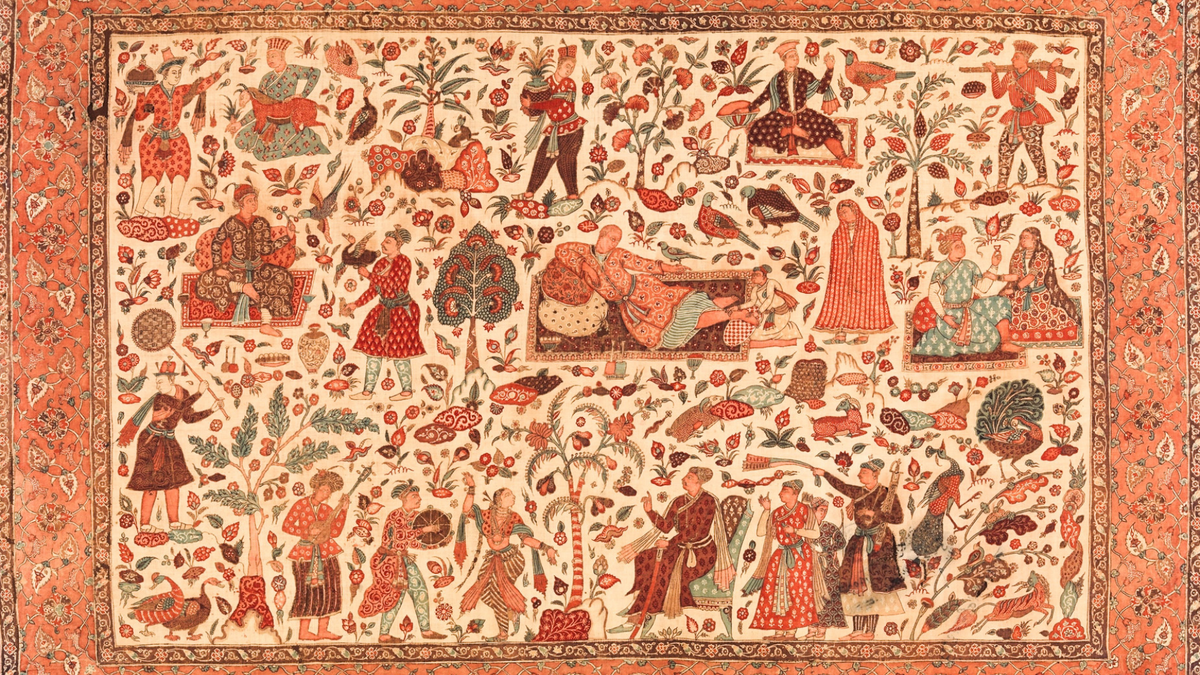In a world of fast fashion and fleeting trends, there's something profoundly grounding about a garment or accessory that carries a story—one stitched, printed, or woven into its very fabric. At Karma Totes, our journey with conscious fashion isn’t just about reducing waste or using sustainable fabric. It’s about honoring heritage, preserving craftsmanship, and creating something that reflects culture and conscience.
Over the years, I’ve had the privilege of meeting artisans whose hands and hearts keep India’s textile traditions alive. From the bold threads of the Banjara embroidery clusters in Telangana to the rhythmic looms of Pochampally and the quiet mastery of Kalamkari artists brushing natural dyes onto cotton, each visit left me deeply moved—and more determined than ever to create products that carry meaning, not just materials.
A Story Woven from Many Hands

One story that continues to echo is that of Sita Bai. Though she is not just one person, Sita Bai represents many women I’ve met across India—her story is a thread woven from countless real lives.
We picture her in a modest workshop outside Jaipur, where she has been printing hand-blocks for over 30 years. Her hands move with quiet confidence, aligning each teak wood block with the precision that comes only from devotion and time. She could easily be the Kalamkari artist I met in Andhra Pradesh or the weaver in Pochampally who still spins cotton like her grandmother did.
The indigo and maroon prints on our limited-edition Karma Totes are inspired by women like her—and her daughter-in-law—working side by side to keep their family craft alive in a world that's moving fast and forgetting slow.
“When my granddaughter sees my hands stained with dye, I tell her—this is our history. And now, maybe, our future too.” I’ve heard this sentiment echoed, in different words, by many women I’ve had the pleasure of meeting.
Through Karma Totes, these stories now travel—not just across India, but around the world—carrying more than products: they carry dignity, identity, and quiet pride.
Sustainability Rooted in Tradition

From the vivid Banjara mirrors to the soft natural hues of Kalamkari, these traditions weren’t just about beauty, they represented a deep respect. Respect for resources, time, and nature. We embody this philosophy in our work at Karma Totes. We're not here to modernize tradition; we're here to carry it forward respectfully and meaningfully.
Craft, Not Just Commerce
For many women I’ve spoken with, their craft is more than a livelihood—a connection to identity and independence. Supporting their work means supporting not just a product but a future. Every tote we create is a small yet significant way to honor their crafts and help their communities thrive.
And for you—the conscious buyer—it’s an opportunity to carry something that matters.
Where Art Meets Purpose
Conscious fashion isn’t just about ditching plastic or checking off a sustainability box. It’s about making better choices, designing heartily, and shopping with intention. It celebrates the past while protecting the future.
Traditional Indian art forms offer us a bridge between heritage and hope, between artisan and advocate. They provide a way to be stylish, sustainable, and deeply connected.
So, the next time you pick up a handcrafted piece—a scarf, a shirt, or a tote—pause and look closer. You’re not just holding fabric but time, culture, and craftsmanship.
And that, to us, is what conscious fashion truly embodies.












0 comments